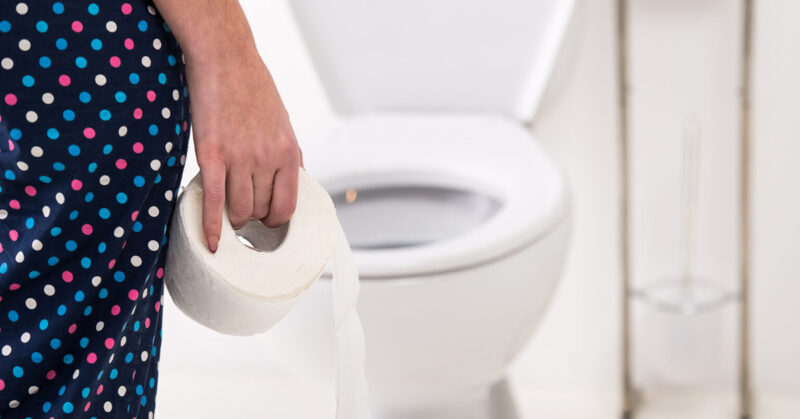
If you’re one of the MANY expecting mothers who has developed pregnancy-induced hemorrhoids, you may be asking yourself this on a daily basis. How can something so small be so pesky?! The answer that you may not love is yes, they will probably go away. Most hemorrhoids resolve on their own within 6-12 weeks. Unfortunately, there is no guarantee, and some people are not so lucky. Some women experience chronic hemorrhoids after childbirth, but the good news is that there are steps you can take to lessen the chances of that happening.
If you’re currently experience hemorrhoids, these are some ways to help them clear up:
1. Drink plenty of water.
2. Eat a balanced diet.
3. Take stool softeners.
4. Stay active, even if it’s just walking (unless you are placed on bedrest).
5. Go to the bathroom as soon as you have the urge.
6. Use over-the-counter medication to relieve symptoms.
If you are in the middle of your pregnancy journey, what you should know is that your hemorrhoids could WORSEN during a vaginal delivery. If you’re getting close to your due date, you probably want to do everything you can to clear up any existing hemorrhoids that you may have. This is easier said than done, as you probably have lots on your mind as the birthday clock ticks down, but at least try to drink an extra glass of water or get in some more movement! Your bottom will definitely thank you.
If you DO end up still having pregnancy-induced hemorrhoids during your delivery, it’s not the end of the world, but they may become more severe during vaginal childbirth and then could stick around longer. And if you’ve already experienced hemorrhoids for weeks, you might argue that that DOES sound like the end of the world. Remember that most hemorrhoids resolve on their own within 6-12 weeks; however, if you develop hemorrhoids during pregnancy, and then they worsen during childbirth, you could be looking at several unfortunate months of discomfort. Nobody wants to be doing the secret hemorrhoid itch or awkward uncomfortable hemorrhoid sit-down for that long (IYKYK)!
The reason existing hemorrhoids could worsen during vaginal childbirth is the additional pressure and blood flow to the area while you’re pushing and your baby is traveling through and out the birth canal. When you think about it, the pressure that put those hemorrhoids there in the first place isn’t unlike the pressure that could make them worse during birth (just a bit of a different exit)! Any hemorrhoids that you already have will likely get larger, and thus more painful, itchy, and harder to eliminate. No, thanks.
Up until very recently, there was not much that could be done to prevent this. Some midwives employ “counterpressure,” simply pressing a hand over the anus, which can make pushing more comfortable and sometimes helps with hemorrhoid prevention. Labor Guard mimics this counterpressure in the form of a non-invasive medical device, allowing for a similar result but hands-free. The best news for mom-to-be is that Labor Guard is 99.8% effective in preventing external hemorrhoids during vaginal childbirth. If you don’t have hemorrhoids and use Labor Guard, there’s a great chance they won’t develop. If you do already have hemorrhoids and use Labor Guard, there’s a great chance they won’t get worse. Yes, it’s really that great.
If you’ve exhausted your efforts to clear up your hemorrhoids but find that they are not clearing up after a few weeks, talk to your healthcare professional. In some cases, medicated suppositories or other prescriptions may help. In more extreme cases, surgical intervention may be necessary. If you find that your hemorrhoids just keep coming back, also speak to your healthcare professional, as you may need more of a lifestyle overhaul to help alleviate them. Your primary focus after birth is probably taking care of your baby, but if you take time to take care of yourself, too, your chances of developing chronic hemorrhoids are slim. And remember, ask your doctor about Labor Guard if you want to improve your chances of a hemorrhoid-free birth!

